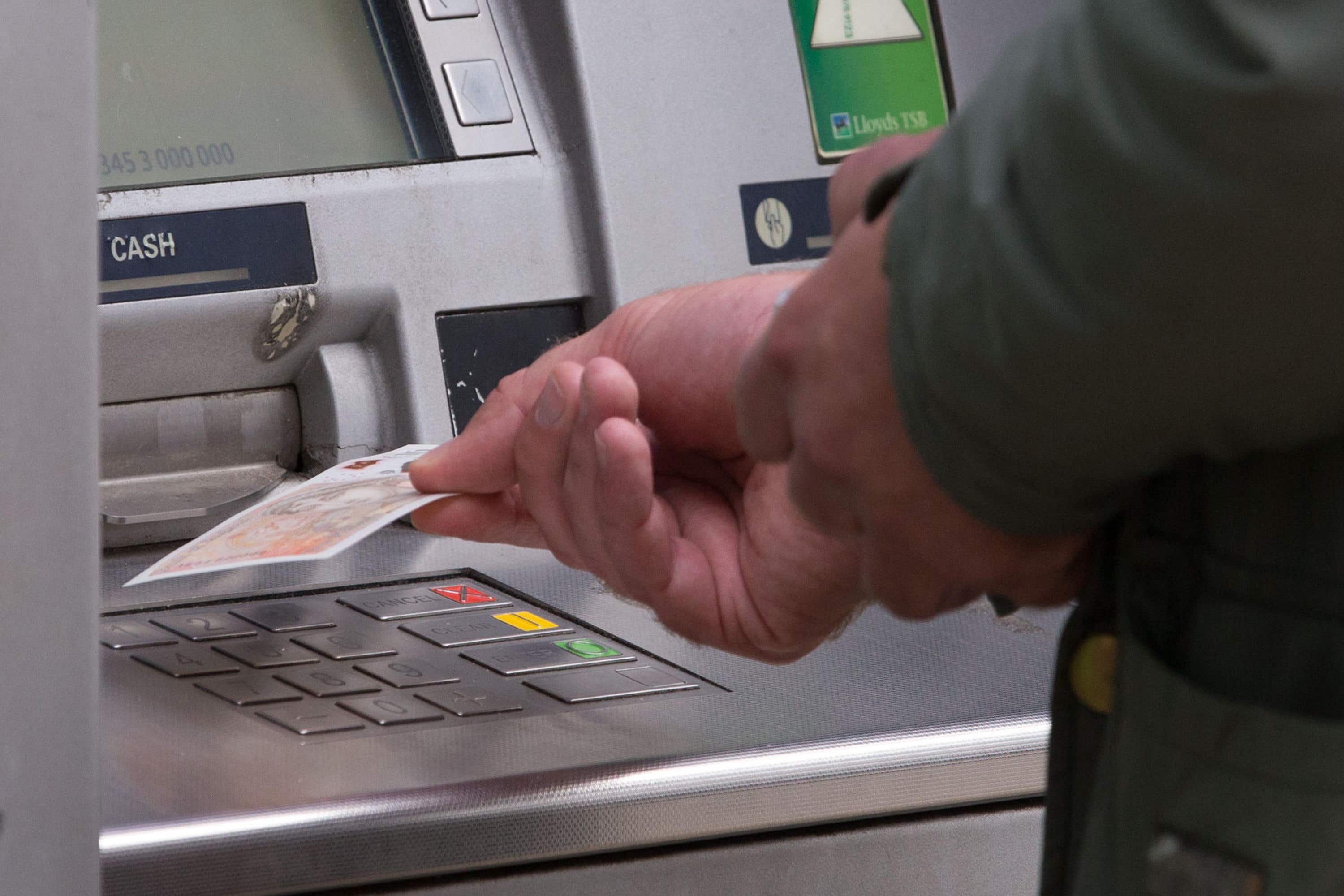Pensioner victim of romance scam shock at £150,000 bank refund
James’ son Adam was horrified when he was at first told his father wasn’t eligible for compensation

A 70-year-old pensioner who fell victim to a romance scam has been refunded £153,000 by Lloyds bank - despite not being automatically entitled to compensation.
The man, named only as James, was convinced to send tens of thousands of pounds to a fraudster who claimed that they were trapped in abusive relationship. The scammer took advantage of the recent death of James’ wife, who he had cared for as she suffered from Parkinson’s and dementia, to manipulate James.
Even after warnings from Lloyds Bank James continued to send money because of the fraudster’s psychological pressure. Ultimately, James’ son Adam had to intervene when he found out what was going on.
At first, Lloyds informed Adam that because the scammer had used an American bank account James was not entitled to a refund. However, the bank eventually changed its mind after taking into account James’ particularly vulnerable state.
According to Adam he was first alerted to the fraud when his father was in hospital and asked him to make one of the transfers for him. Adam quickly realised what was going on and contacted Lloyds Bank.
Initially, Lloyds was helpful saying that his father was probably entitled to compensation under the voluntary banking code. However, the next day Adam was informed that the code did not cover transactions made to foreign bank accounts.
“I felt gut punched. I felt sick that all this money had gone, that there’s no cover,” Adam said speaking to the BBC.
Adam then contacted the BBC’s Money Box to explain the situation and ask for advice. Money Box decided to investigate the situation.
The investiation revealed Lloyds had actually done well at first. The bank had quickly spotted signs of potential fraud and blocked a number of transactions. They also warned James what was going on, at first by phone and then in an person at a meeting in a branch, but he still insisted on making the payments.
Following the BBC investgation Lloyds reviewed James’ case and agreed to change their usual policy due to James’ specific circumstances.
In a statement the bank said: ““Sadly in this case, our customer did not take appropriate steps to verify that the person he met online was genuine. We blocked a number of the transfers and provided warnings about the risk of this being a scam, however he chose to proceed with the transactions.
“Given the complexity of this case and his personal circumstances at that time, we have now provided a full refund of the money he lost to the fraudsters.”



